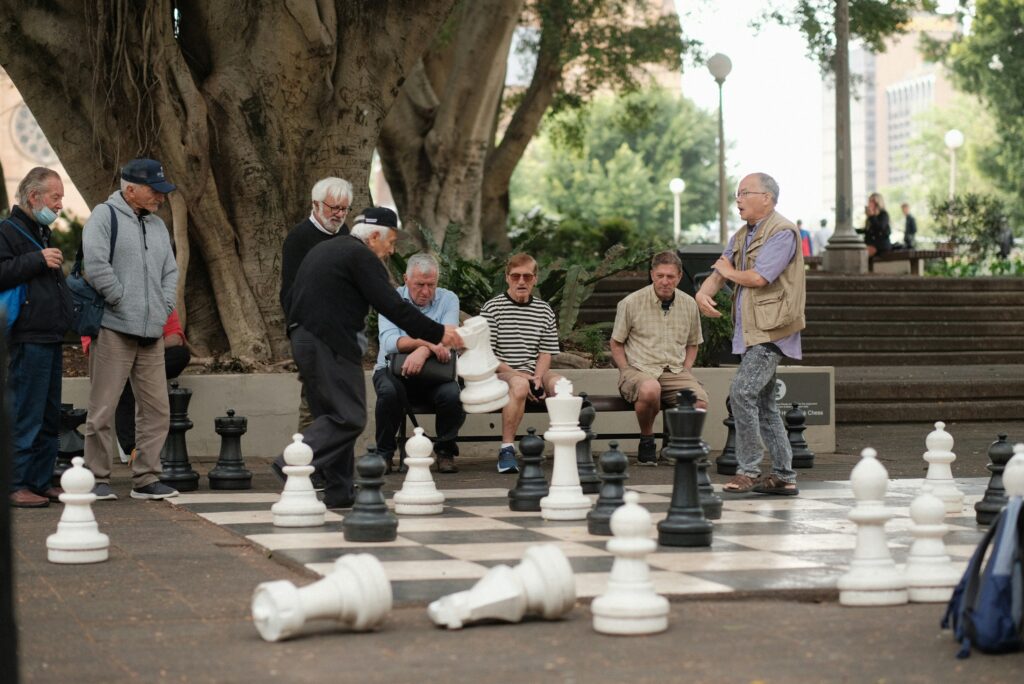Dreaming of studying and working abroad but worried about the cost? Good news: you don’t need to drain your bank account to study and work internationally! Here are five smart ways to budget better abroad.
- Apply for Scholarships: Many universities and private organizations offer financial aid specifically for students going overseas. Sites like GoAbroad.com and IIE Funding have tons of listings.
- Work Smarter: Pick countries where students are legally allowed to work part-time, like Australia, Germany, or Ireland. English tutoring, retail, or freelance gigs can cover daily expenses.
- Budget by Currency: Use budgeting apps that track multiple currencies (like Revolut or Wise) to make sure you’re not overspending without realizing it.
- Live Like a Local: Skip tourist traps. Shop at local markets, take public transit, and find housing farther from city centers for major savings.
- Use Student Discounts: From museums to buses to flights, students get major perks abroad. Always ask if a student discount is available.
Studying and working abroad is totally doable on a budget — it just takes smart planning and a little hustle. Start saving, start applying, and soon you’ll be on a plane without the stress of financial worries weighing you down.


















